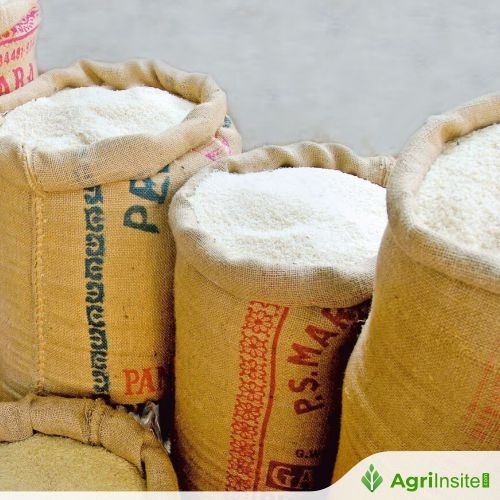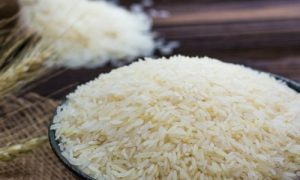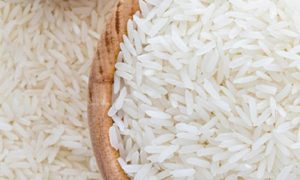Bangladesh : Urgent action to curb rice price hike, restore food security

KHANI, CAB, and ISDE Bangladesh held a human chain in Chattogram demanding urgent government action to curb rice price inflation, which accounts for 40% of recent food inflation. Despite good Boro output, prices remain high due to hoarding and weak monitoring. They urged enhanced government procurement, ration cards, expanded food distribution, and protection for small farmers to combat growing food insecurity.
Ask ChatGPT
Bangladesh Food Security Network–KHANI, Consumers Association of Bangladesh (CAB), Chattogram, and ISDE Bangladesh have expressed deep concern over the abnormal rise in rice prices and overall inflation, urging the government to take immediate action to ease the growing pressure on public life.
The three organisations jointly organised a human chain programme today (23 July) at the Chattogram Press Club premises under the slogan “Restore Relief to the Rice Plate.”
Participants included CAB Central Vice President and ISDE Executive Director S M Nazer, former CUJ President M Nasirul Hoque, ex-ADAB President Jesmin Sultana Paru, Advocate Zia Habib Ahsan of the Bangladesh Human Rights Foundation, BNP Women Front City Vice President Farhana Akhter, and Md Selim Jahangir of the Bangladesh Fruits and Vegetable Exporters Association. Other participants included representatives from CAB and ISDE, as well as leaders from civil society.
Speakers noted that, according to the Planning Commission’s June 2025 data, the price hike of rice alone contributed nearly 40% to overall food inflation in May. Despite sufficient Boro season production, market prices remain high. They blamed rising mill-level costs, volatility in paddy prices, illegal hoarding, and inadequate monitoring for the crisis. Farmers, they said, are not receiving fair prices, while consumers face unbearable expenses.
KHANI General Secretary Nurul Alam Masud said, “Due to the widening gap between income and purchasing power, lower- and middle-income families are being forced to remove nutritious items like fish, meat, lentils and vegetables from their meals, leading to long-term malnutrition and rising health risks—especially among children and the elderly.”
Speakers cited FAO and WFP data highlighting that around 20% of Bangladeshis suffer from food insecurity, and 3 in 10 people cannot ensure adequate food. The minimum cost of a nutritious diet per person per month is now Tk3,051—almost 70% higher than the food poverty line.
The organisers issued the following demands to address the crisis:
- Increase direct government procurement of rice from farmers.
- Introduce ration cards for poor and vulnerable populations.
- Protect small farmers by improving market systems, price setting, and purchasing capacity.
- Expand TCB and OMS coverage to support food security for low-income groups.
- Ensure strict market monitoring and prevent syndicate-led price manipulation.
To Read more about Rice News continue reading Agriinsite.com
Source : The Business Standard
















